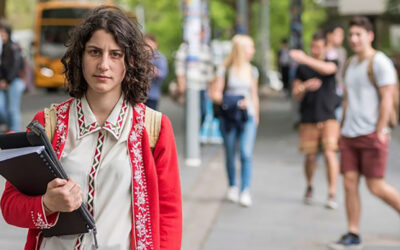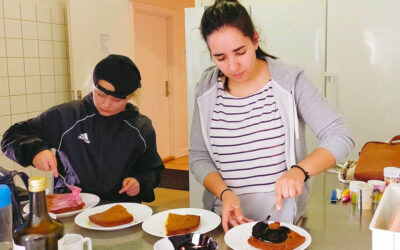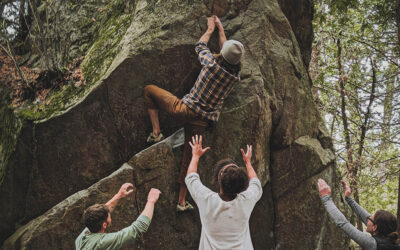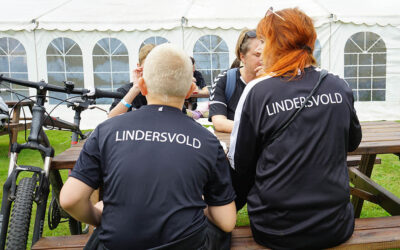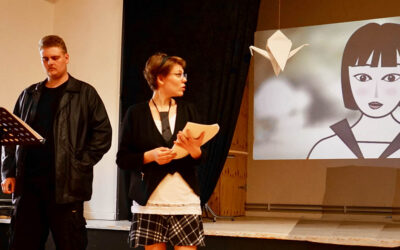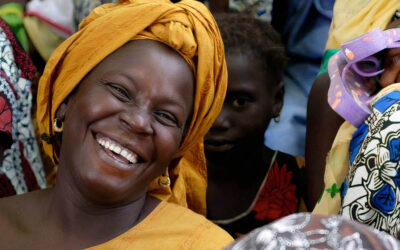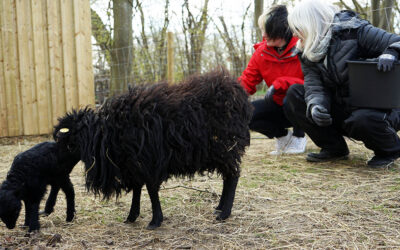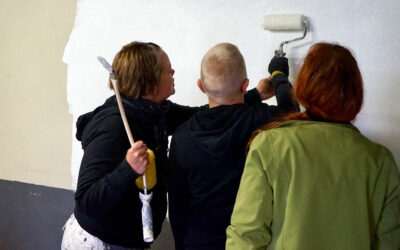

Needed: 69 million teachers
Teachers worldwide are doing a fantastic job to provide quality education despite the pandemic. However, to meet the Quality Education for All target, as described in the Sustainable Global Goals, over 69 million new teachers must be recruited and trained before 2030.
The truth is that in the coming decade, almost 50 million teachers will quit their jobs because of retirement or education system fatigue.
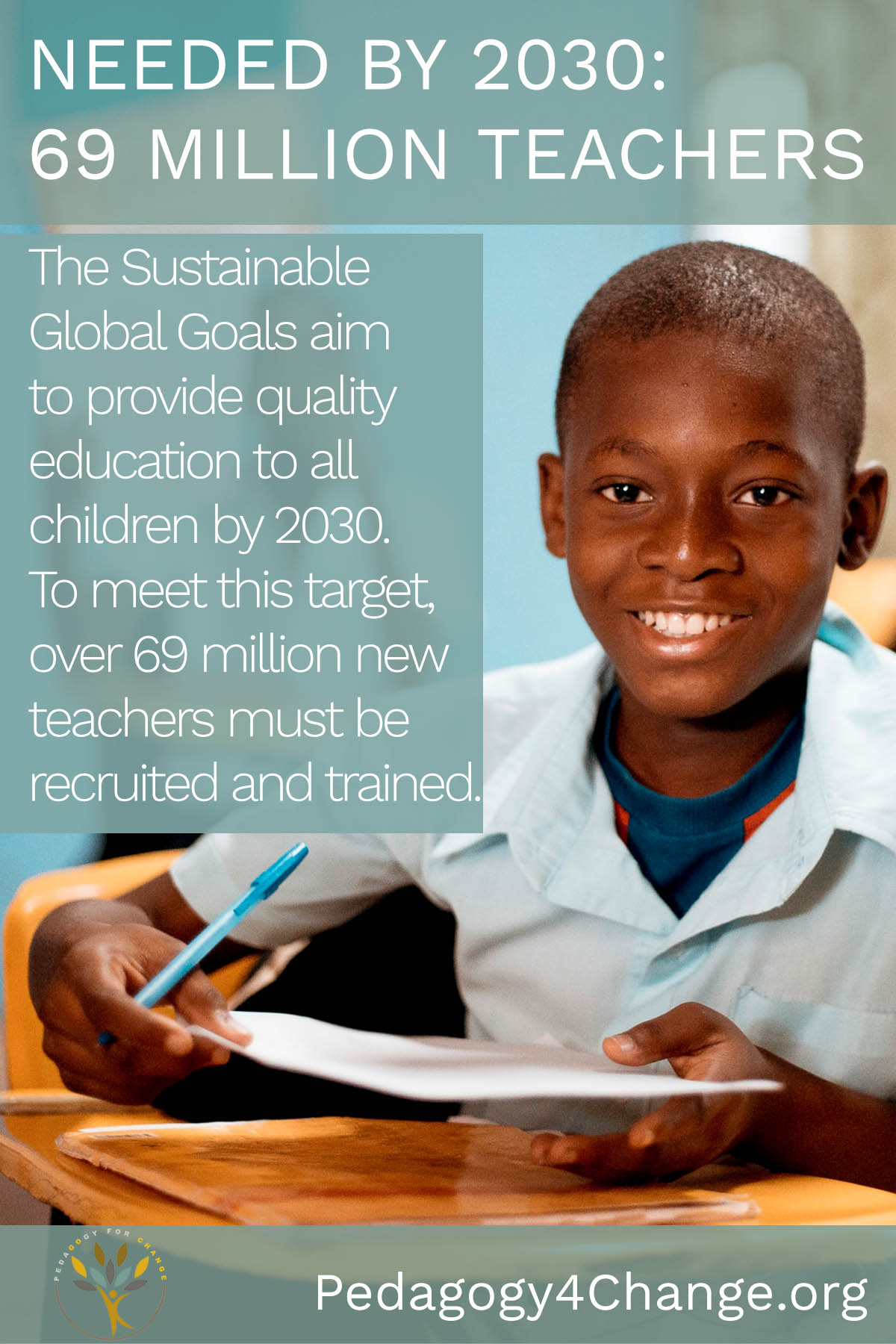
Already now, acute shortages of qualified teachers exist – especially in Eastern, Western and Sothern Africa, as well as in South East Asia.
What kind of the teachers will be needed in the future?
The world will need teachers who are able and willing to embrace the need to change our societies in the face of the climate crisis.
The world will need female teachers who understand gender issues and who will fight for women’s rights at every turn.
The world will need more men and positive role models in early childhood education.
The world will need teachers who are prepared for the pedagogical challenges of teaching large class sizes with limited teaching-learning resources and facilities. Especially in remote areas who need to manage on their own as climate changes and unforeseen crises appear.
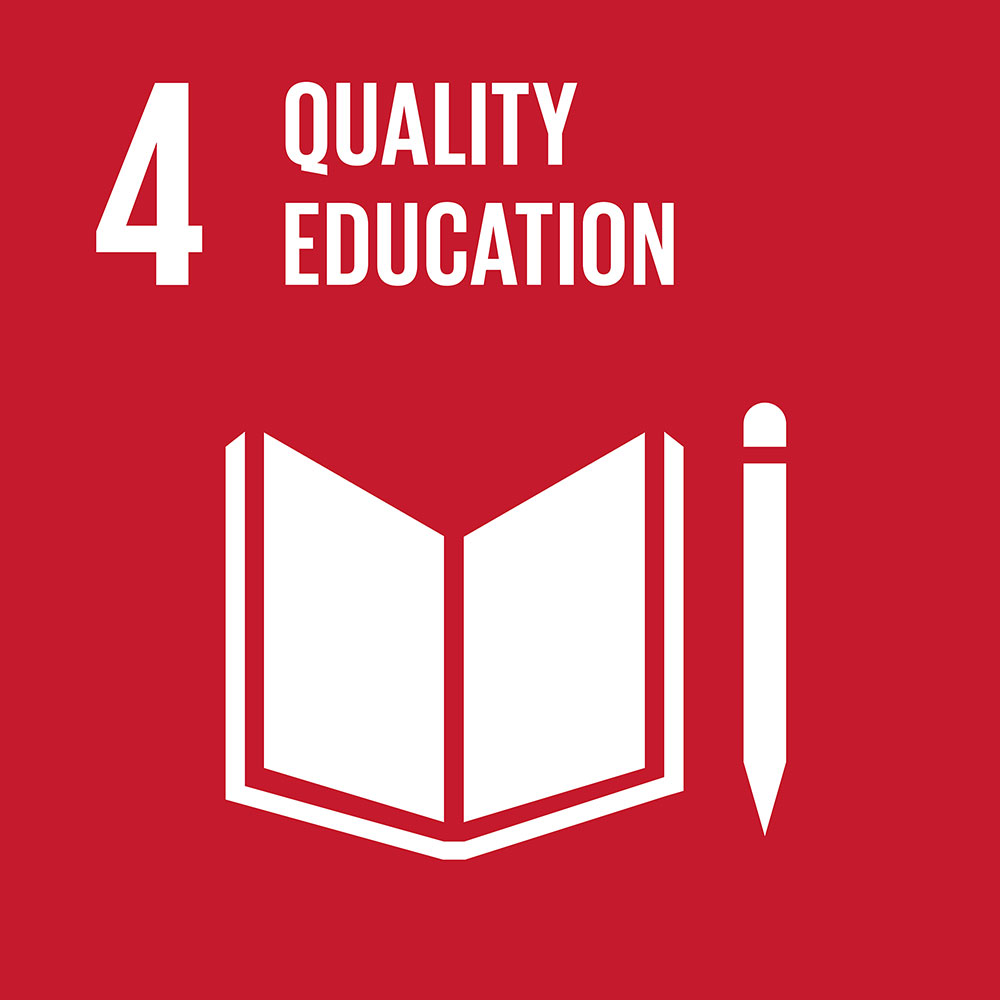
The world will need teacher who can teach children on the move. The number of refugees and displaced people in the world will not decline. As the long-term effects of the changing climate sets in, people will have to move. Either because of droughts, sea level rises or conflicts about resources.
The world will need teachers who are adept at supporting children who have suffered trauma, because of armed conflicts, dangerous journeys and precarious life conditions due to forced migration or other calamities.
The world will need teachers who master ‘diversity in teaching’; student-centred learning, blended learning and other instructional models which also embrace low-cost technologies and the apps that young people already use to enable them to curate, manage and update their experience and teaching practice as they go along.
The world will need teachers who don’t shy back from the advances of technology but who are eager to harness the possibilities and mitigate potential dangers.
The world will need teachers who cherish the arts and who understand that using the language of art is rooted deeply in the human soul. Teachers who sing and dance and write poetry.
The world will need teachers who like to roam the forests and the mountains, lakes or beaches and who make their students love and respect Mother Earth as much as they do.
The world will need teachers who possess the capacity to build communities and who know how to stick together.
The world will probably need at teacher or social educator like you.

The world will need teachers who like to roam the forests and the mountains, lakes or beaches and who make their students love and respect Mother Earth as much as they do.
MORE GOOD STUFF ABOUT PEDAGOGY
How to tackle intolerance
Being an active bystander means becoming aware that inappropriate or even threatening behaviour is going on and choosing to challenge it. Collective action is the way forward.
Mónica shares her experience
Mónica just finished the Pedagogy for Change programme and we asked her to share some of her considerations and main takeaways from her experience of practising and studying social pedagogy in Denmark.
“Zone of Proximal Development” exemplified
In this blogpost, we exemplify how the theory of the “Zone of Proximal Development” can be implemented in real life when working in the field of social pedagogy.
Social Pedagogy in Denmark
Scandinavian social pedagogy is known for its holistic practice which combines “head, heart and hands” – theory, empathy, and practice. A core value is respecting the individual’s rights.
Learning through theatre
Theatre is an important pedagogical tool which provides an opportunity for us to explore realms and realities outside of the classroom, without having to travel.
Artful expression in pedagogy
Art is a pedagogical tool which provides an opportunity for everyone to work with open-ended solutions rather than striving for conventional error-free essays or science reports.
Let’s go to Malawi!
We are working on an extension of the Pedagogy for Change programme where participants can join sustainable development projects in the Global South, after their 12-month course.
The Common Third
Creating an authentic learning space through a truly interesting, shared activity, is highly beneficial. The Common Third works as an ‘equaliser’ and is an important pedagogical tool.
Social learning in practice
We are social beings and therefore learning is an intrinsically social process. Learning takes place in many kinds of arenas, some of them arranged, where we interact with others in different contexts.


